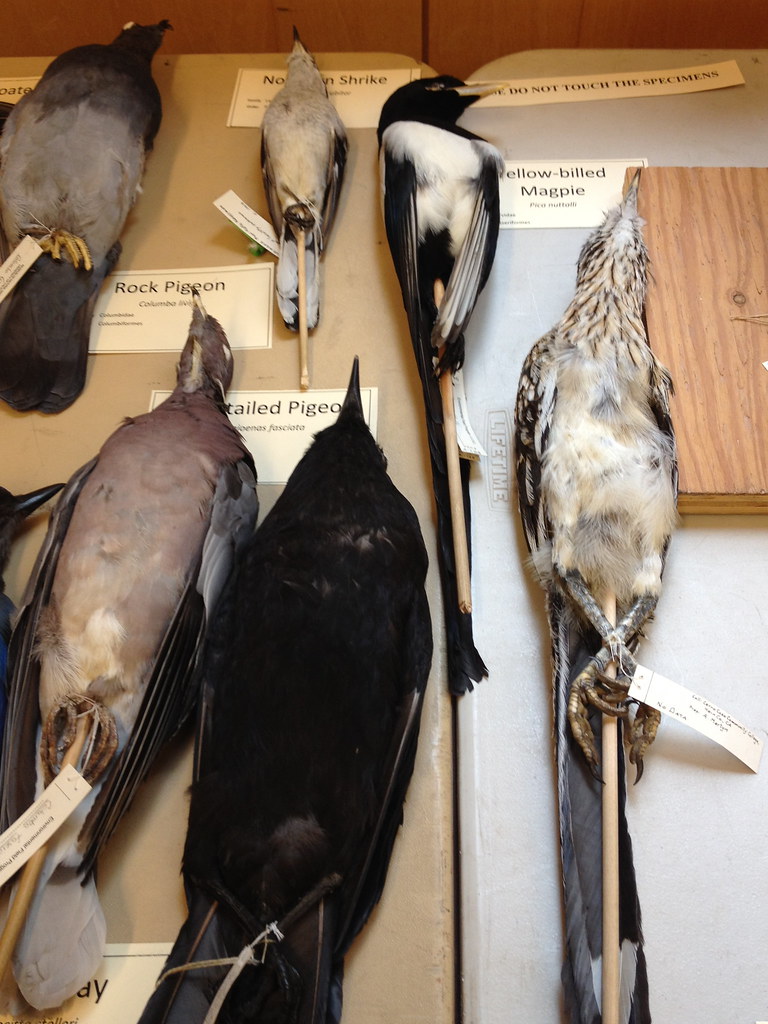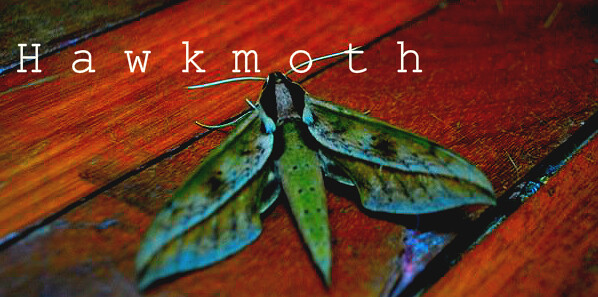
So you've decided you want a bachelor's degree from a four year college. Now, what kind of place is right for you? A large public university or a small liberal arts school? Well, I went the public route so that's really what I can speak to.
At research-based universities the undergrads are often ignored in favor of graduate students. The reputation of the school itself is based much more on its graduate curriculum than on anything you'll likely see in the next four years. Here hard work and the ability to be proactive will determine your success. There are boundless opportunities for undergrads, but it's unlikely anyone will spoon feed you that information. Find your career center, visit your departmental advising office regularly, and get to know your professors!
It is up to you to seek out the classes you need and to find the things you want to try.
The photo above is an example of self-motivated students finding opportunities outside of the classroom. These birds are specimens from the University of California's natural history collection presented annually to the public. The event is a a two-day exhibit curated by undergrads, sponsored by the library and the environmental studies department. There isn't a class on curation, but interested students can volunteer to maintain the collection throughout the year, or can take on other independent studies through the department.
Regardless of the school you attend, college is about learning to make your own decisions. Small private universities are the same way. No one is going to tell you what to do. However, I would expect that larger schools can feel more impersonal and that resources can be harder to find. On the up side, there are likely many more opportunities for undergraduate internships, volunteering, and research experience before entering a competitive job market.
I'm glad that in the relative shelter of my undergraduate years, I learned to seek out my own interests and to dig for opportunities. That skill gives me just a little bit more confidence in the post-college fray.

No comments :
Post a Comment